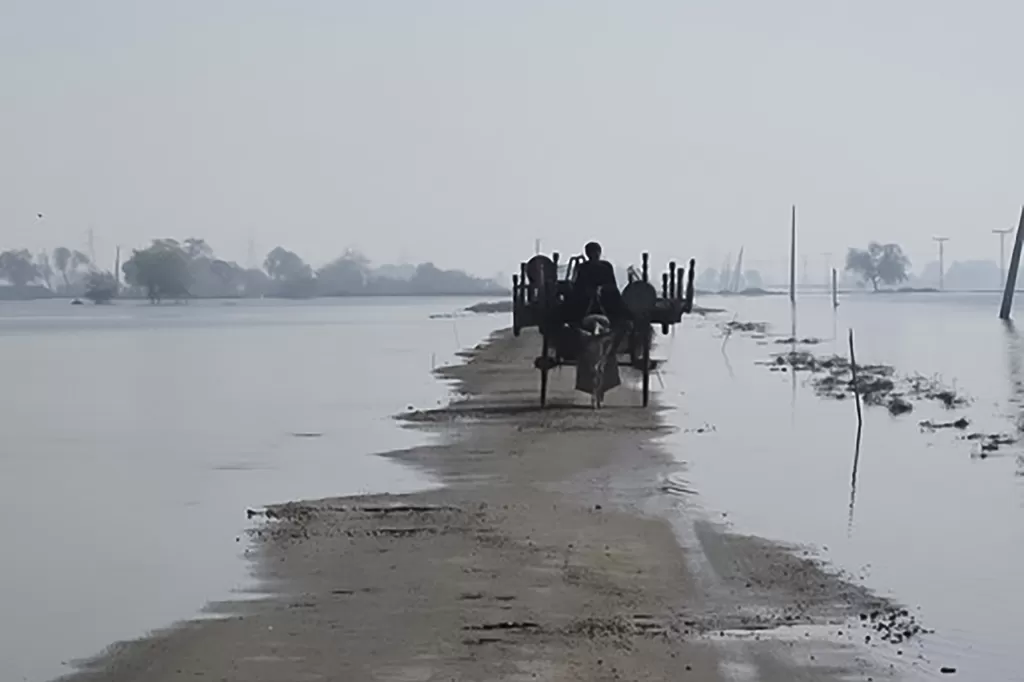Reports
Read more about how funds were spent and how the response to this disaster was evaluated


People travel along a road through flooded fields in October 2010. Image: Caroline Gluck/Oxfam
This page relates to the Pakistan floods in 2010. If you are looking for the current Pakistan Floods Appeal 2022 click here.

raised for this appeal

people reached with food assistance

people provided with safe drinking water

people provided with emergency shelter

Image: CARE

People collect clean water from tanks provided by Oxfam. Image: Oxfam
Read more about how funds were spent and how the response to this disaster was evaluated